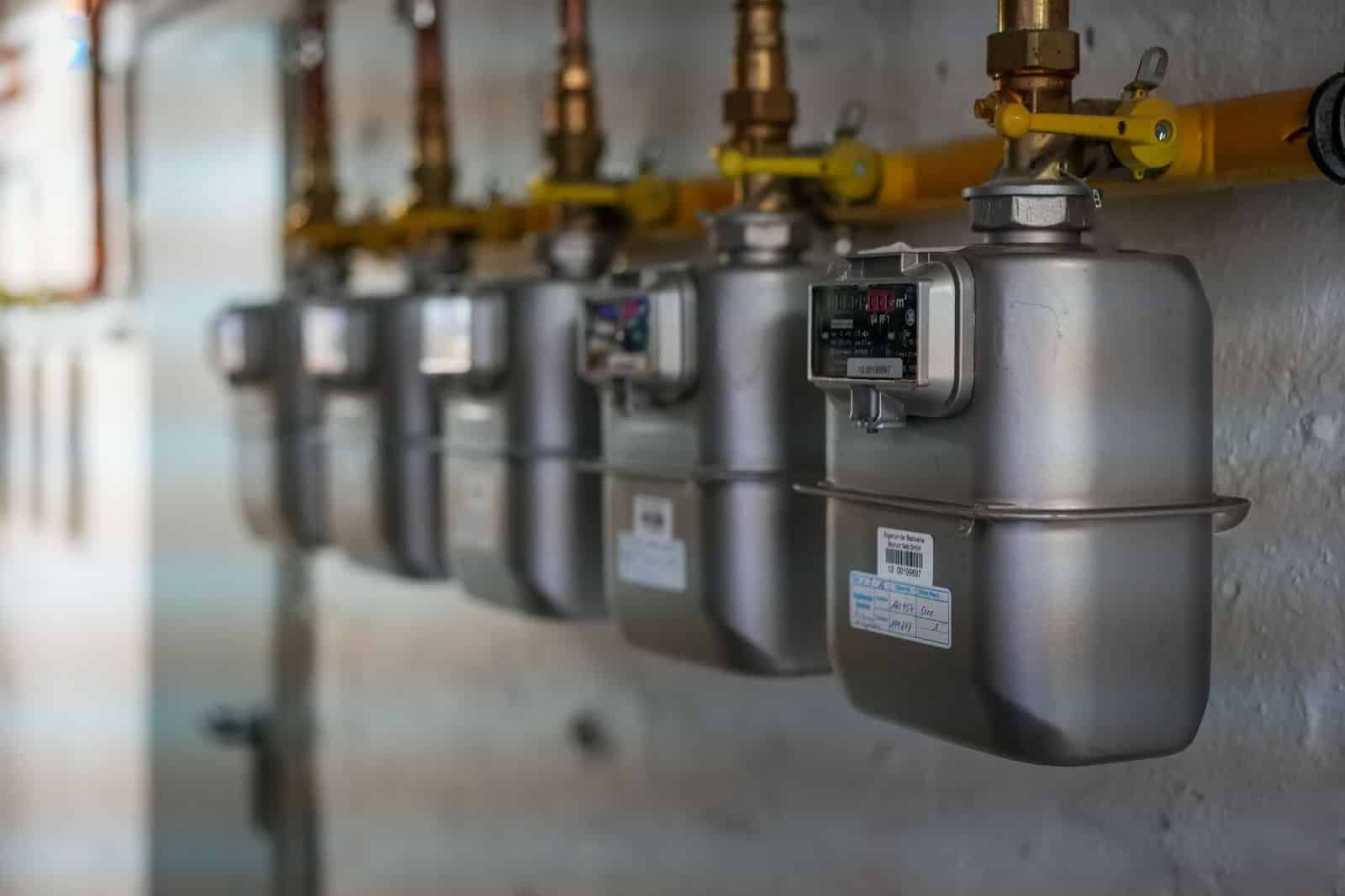
The Benefits of Heating Oil for Your Home
Choosing the right heating fuel is essential when it comes to keeping your home warm and cozy during the colder months. While various options are available, heating oil delivery is reliable and efficient for many homeowners.
Numerous benefits of heating oil should be learned — from its affordability and efficiency to its reliability and safety features. Whether you’re considering switching to heating oil or simply curious about its advantages, read on to learn why it is an excellent option for keeping your home comfortable throughout the heating season.
Why Do People Prefer Heating Oil for Their Homes?
Heating oil has long been a favored choice for homeowners seeking reliable warmth during chilly winters. With its efficiency, consistency, and availability, heating oil offers a dependable solution for heating homes.
Let’s explore why many people prefer heating oil for their residential heating needs.
Efficiency
Heating oil systems are known for their exceptional efficiency, providing substantial heat output for the amount of fuel consumed. This efficiency can significantly lower heating costs over time.
Consistency
During cold winters, heating oil provides consistent and steady heat without fluctuations, which can be comforting. This reliability ensures a stable and comfortable indoor environment for residents throughout the season.
Availability
Homeowners find heating oil readily available in many areas, making it a convenient choice. This widespread availability means that homeowners can easily access heating oil whenever they need it, ensuring uninterrupted heating during the colder months.
Storage
Homeowners can save money by purchasing heating oil in bulk and storing it on-site in tanks. This storage option allows homeowners to take advantage of price fluctuations and ensures they have a reliable fuel source on hand at all times.
Durability
Unlike other heating options, heating oil systems require less maintenance and often have a long lifespan. This durability means that homeowners can rely on their heating oil systems for years to come, with fewer unexpected repairs or replacements.
Energy Independence
Some homeowners prefer heating oil because it can provide energy independence in areas without natural gas pipelines. This independence gives homeowners greater control over their energy supply and reduces their reliance on external sources.
Heat Output
Heating oil is ideal for colder climates or larger homes that require more heating power due to its high heat output. This increased heat output ensures that even the most demanding heating needs can be met efficiently and effectively.
Flexibility
Homeowners can easily retrofit existing heating systems with heating oil, providing flexibility for switching from other sources. This adaptability allows homeowners to transition smoothly to heating oil without the need for extensive renovations or upgrades.
It is important to consider that while heating oil has its advantages, it is a fossil fuel. As such, it is understandable that some homeowners may prefer to explore alternative heating options for environmental reasons.
What are the Considerations When Heating With Oil?
As winter approaches, homeowners prepare their homes by evaluating heating options to stay warm. Heating with oil is a reliable and proven solution for many households. However, it comes with its own considerations, including efficiency, cost, environmental impact, and safety.
Homeowners must weigh when opting for this warmth method. Every aspect warrants careful attention, from the practicalities of storage and maintenance to the broader implications of environmental sustainability and regulatory compliance.
When it comes to heating your home with oil, there are a few important factors that you should bear in mind.
Efficiency
It’s important to choose an oil heating system with a high Annual Fuel Utilization Efficiency (AFUE) rating to ensure efficient heating and lower fuel costs.
Cost
Oil prices fluctuate due to market conditions and geopolitical factors. Thus, budgeting for price changes and comparing heating costs with alternative fuel is important.
Storage
You need a safe and secure storage tank for the oil. Regular tank inspections are necessary to identify any leaks or damage that may cause environmental contamination.
Maintenance
Regular maintenance of the oil heating system is crucial for optimal performance and safety. This includes cleaning, inspecting, and tuning up the furnace or boiler.
Environmental Impact
Oil heating contributes to environmental concerns, such as air pollution and climate change, by emitting carbon dioxide and other pollutants. Considerations for reducing the environmental impact include using cleaner-burning fuels or investing in more energy-efficient heating systems.
Safety
Oil heating systems must be installed and maintained according to safety standards to prevent fire hazards and carbon monoxide leaks. It’s essential to have functioning carbon monoxide detectors in the home.
Availability
Access to oil delivery services may vary depending on your location. Ensure reliable access to fuel suppliers in your area.
Backup Power
If you rely on an electric-powered pump for your oil heating system, consider having a backup power source in case of power outages to ensure continuous heating during emergencies.
Space Requirements
Oil heating systems may require more space for installation compared to other heating options like natural gas or electric heat pumps. Make sure that you have enough space to accommodate both the heating equipment and the oil storage tank.
Regulations
When installing or modifying oil heating systems, it is important to check with local authorities for regulations and permits.
By considering these factors, you can make informed decisions about heating your home with oil and ensure efficient, safe, and reliable heating throughout the year.
Safety Precautions When Heating With Oil During Winter
Heating with oil during winter can provide reliable warmth and comfort for your home. Still, it’s essential to prioritize safety to prevent accidents and ensure the well-being of your household.
Here are some crucial safety precautions to keep in mind:
Regular Maintenance
Schedule annual maintenance checks for your heating oil system by a qualified technician. Regular inspections help identify and address potential issues before they escalate into safety hazards.
Check for Leaks
Routinely inspect your oil tank, fuel lines, and heating equipment for signs of leaks or damage. Inspect the area around the tank or furnace for oil stains, strong odors, or puddles. If any leaks are found, address them immediately to prevent fire or environmental hazards.
Proper Ventilation
Ensure to properly ventilate your heating system to prevent the buildup of harmful gases such as carbon monoxide. Keep vents and chimneys clear of obstructions, and install carbon monoxide detectors on every level of your home for added safety.
Safe Fuel Storage
If you have an above-ground oil tank, install it on a stable and flat surface. Keep it away from driveways, walkways, heating vents, or other potential hazards. Underground tanks should be regularly inspected for corrosion and installed by professionals to prevent leaks.
Safe Fuel Handling
Exercise caution when handling heating oil to avoid spills or accidents. Use appropriate equipment and containers for refilling your oil tank, and never overfill it. Clean up any spills promptly and dispose of contaminated materials properly.
Fire Safety
Keep flammable materials away from your heating equipment and oil tank, such as paper, rags, or cleaning products. Having fire extinguishers in key locations throughout your home ensures safety, and you can familiarize yourself with their use in case of emergencies.
Emergency Preparedness
Have an emergency plan in case of a heating oil-related incident, such as a leak or furnace malfunction. Know how to shut off heating and evacuate safely in an emergency. Stay prepared, stay safe. Keep important contacts, like your oil provider and emergency services, easily accessible.
Stay Informed
Stay informed about local regulations and safety guidelines for heating oil use in your area. It’s important to follow the manufacturer’s recommendations when using heating equipment and stay aware of the latest maintenance and safety practices. This will help ensure that your equipment functions properly and safely.
During winter, you can safely enjoy the warmth and comfort of oil heating by following these safety precautions. Keep in mind the importance of prioritizing safety during colder months to ensure household well-being and efficient heating system use.
Benefits of Heating Oil for Your Home: What You Need to Know
Heating oil offers numerous benefits for homeowners seeking reliable warmth and comfort during winter. Heating oil is efficient, affordable, reliable, safe, and delivers consistent heat distribution throughout the home. Heating oil systems give homeowners greater control over their heating supply and offer long-term reliability due to their independence and durability. By understanding the advantages of heating oil and prioritizing safety precautions, homeowners can enjoy the benefits of this reliable heating option while maintaining peace of mind throughout the heating season.
Visit Kerivan-Lane blog to learn more about heating oil and other essential tips.

